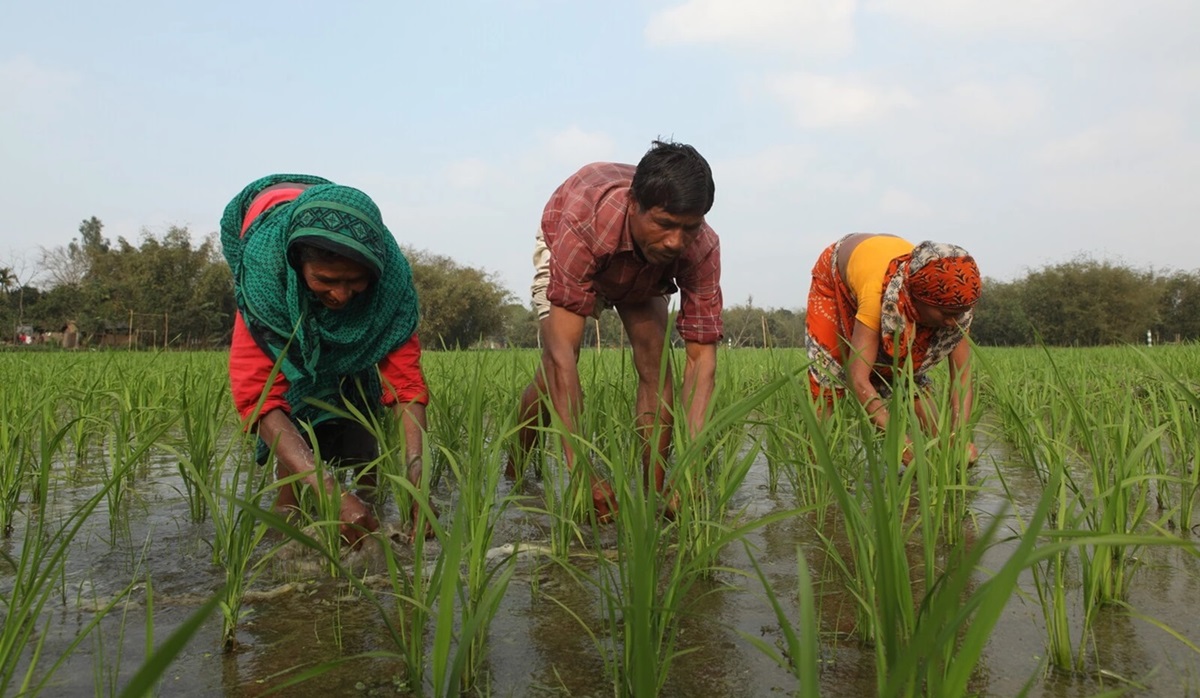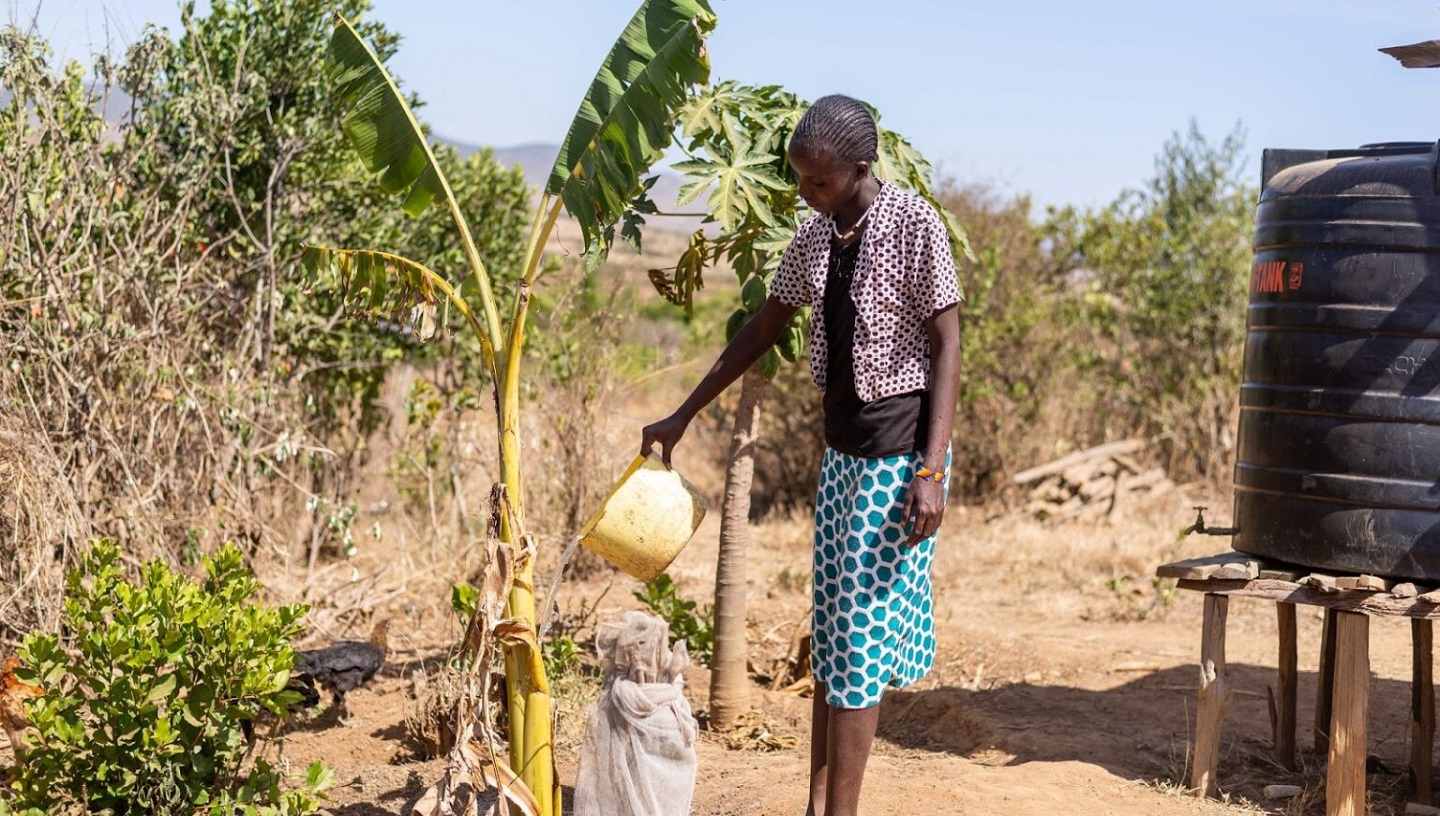
Locally-led adaptation can protect lives and livelihoods in the most climate-vulnerable communities.
Increasingly extreme and erratic weather events such as heat waves, floods, cyclones, and more affect food security, nutrition, water availability, health, and livelihoods—ultimately resulting in displacement and deepening poverty. BRAC’s holistic approach addresses the impacts of climate change on the most vulnerable through nature-based solutions and locally-led adaptation.
Your Impact
people living in climate vulnerability holistically supported to tackle climate change impacts
principles of locally-led adaption, created with leadership from BRAC, have been endorsed by over 80 governments and institutions
trees planted as adaptation and mitigation measures
farmers trained in climate-smart agriculture in Liberia
People living in poverty are the most vulnerable to climate change.
For decades, BRAC has supported people living in Bangladesh, one of the most climate-affected countries in the world. With a vast knowledge of the impacts of climate change on vulnerable communities in the Global South, BRAC has seen firsthand the resilience and ingenuity shown by impacted communities when they have the tools to adapt to climate change.
Our approach
BRAC focuses on disaster risk reduction, preparedness, response, and recovery climate-vulnerable communities and families affected by disasters and extreme weather events. As climate-induced disasters become more frequent, BRAC has launched risk reduction activities across all of its programs to increase communities’ resilience to climate shocks. This includes creating community action plans that manage risk, raising community awareness, and building local partnerships to ensure its response is both adaptable and contextually relevant.
Disaster preparedness and response
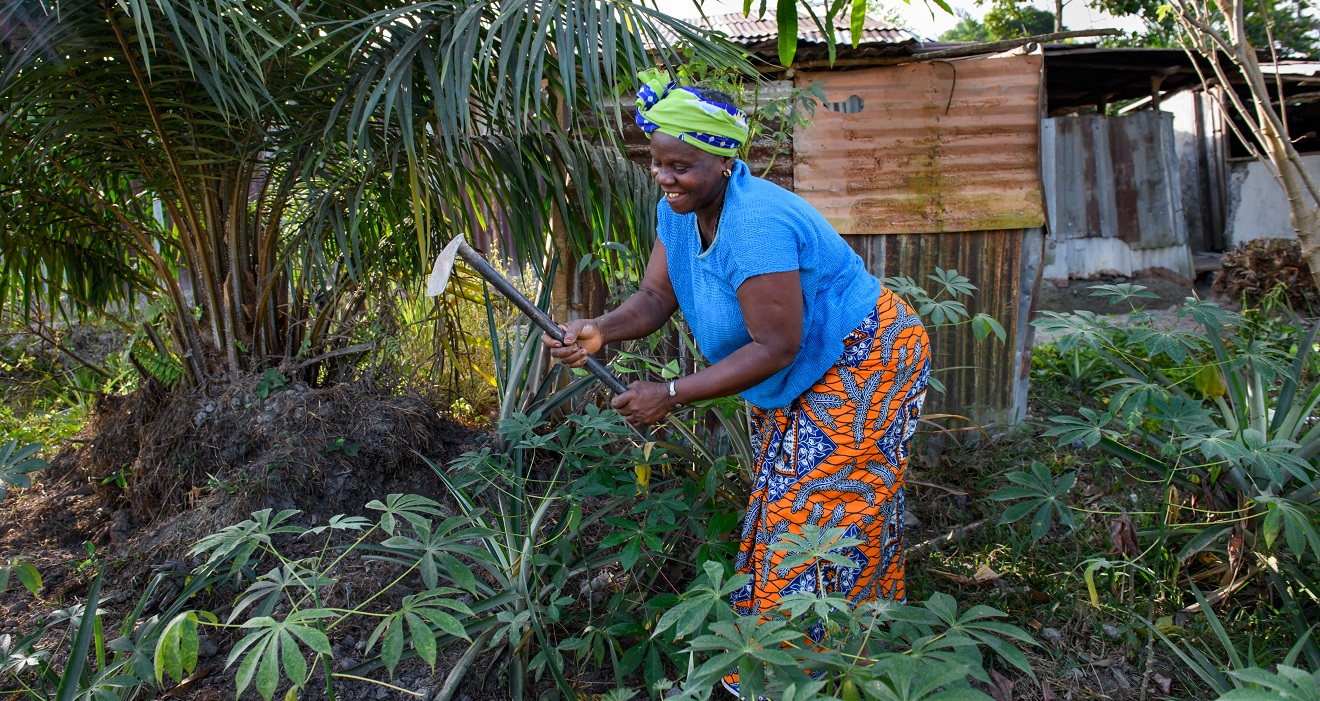
BRAC builds the resilience of families living in poverty to the shocks and stresses caused by climate change. With an intersectional focus on women and other marginalized communities, BRAC assesses climate risks and takes action to promote climate resilience. For example, in Bangladesh, BRAC provides climate-resilient housing, provides access to clean drinking water, and supports climate-smart livelihoods.
Climate resilience

Our work in action
Returning to ground zero of the climate crisis with Asif Saleh
BRAC’s Executive Director Asif Saleh returns to the coastal village one year later to see how people are coping with the drastically worsening climate crisis and understand more closely how adaptation is happening locally.
Our Projects
The Climate Bridge Fund was established by BRAC to support climate change projects run by small local nonprofits and community organizations in Bangladesh. Through a grassroots approach, the fund helps close the financial gaps that small, community-led organizations on the frontlines of climate change face. The fund operates only with income generated from investments, creating a sustainable source of funding for locally-led climate adaptation efforts supporting those most vulnerable to and affected by climate change.
Climate Bridge Fund
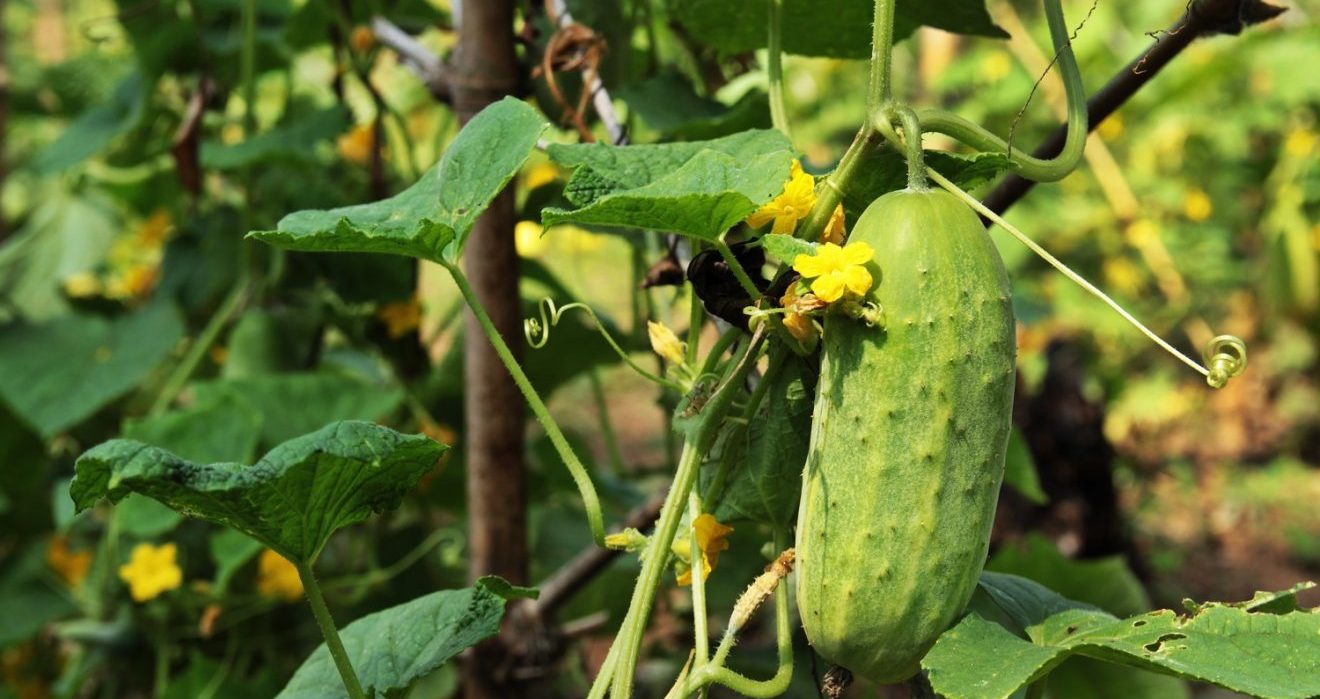
The Climate Resilience Early Warning System Network (CREWSnet) is a partnership with BRAC and MIT that will combine leading-edge climate forecasting, socioeconomic analysis, and innovative resilience services to empower communities as they consider options for proactive climate adaptation. CREWSnet will be an important resource for low-income communities in Bangladesh as they grapple with the realities of adapting to climate change. Our vision is to demonstrate the potential of CREWSnet in Bangladesh, then transition it as a global public good for use around the world.
CREWSnet
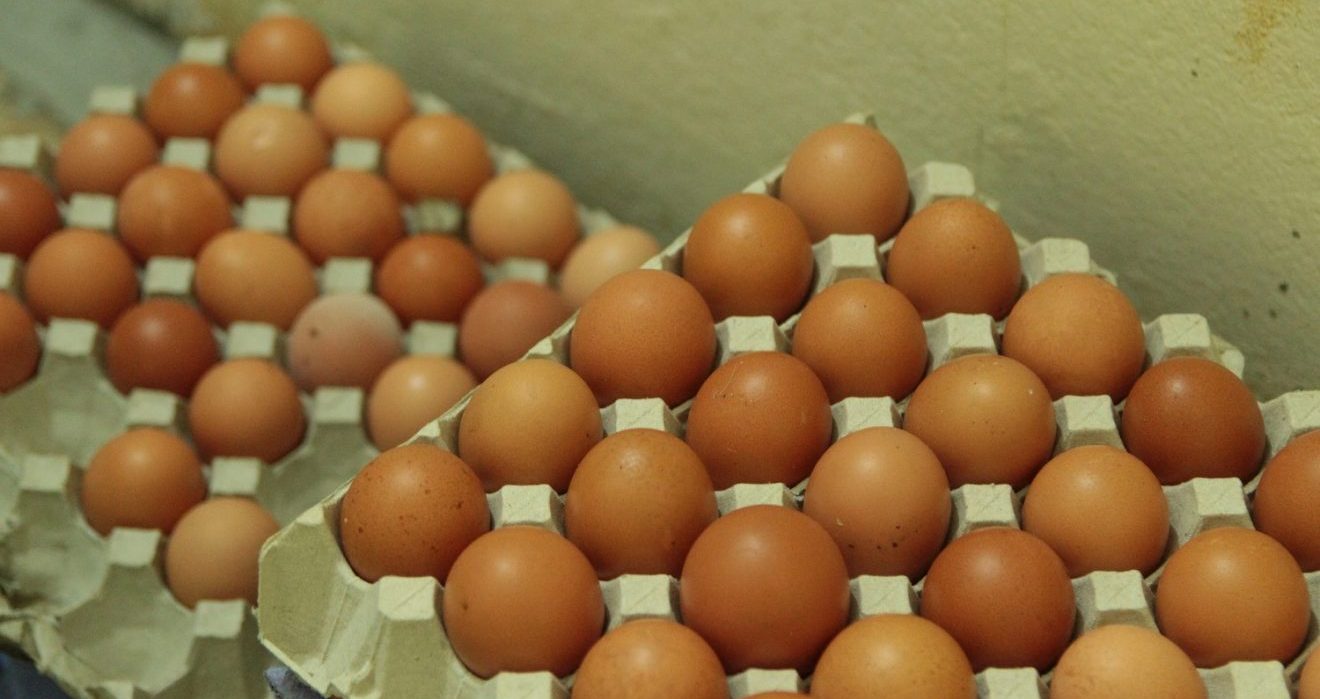
BRAC’s agriculture programs increase farmer productivity while enhancing their resilience to climate change. Rather than helping farmers cultivate more land, BRAC trains them to yield more from their existing fields to promote environmental conservation and reduce greenhouse gas emissions. BRAC also trains community-based agriculture and livestock promoters—a majority of whom are women—to provide climate-smart advice and distribute vital inputs such as drought-tolerant and disease-resistant seed varieties to farmers.
Climate-smart agriculture
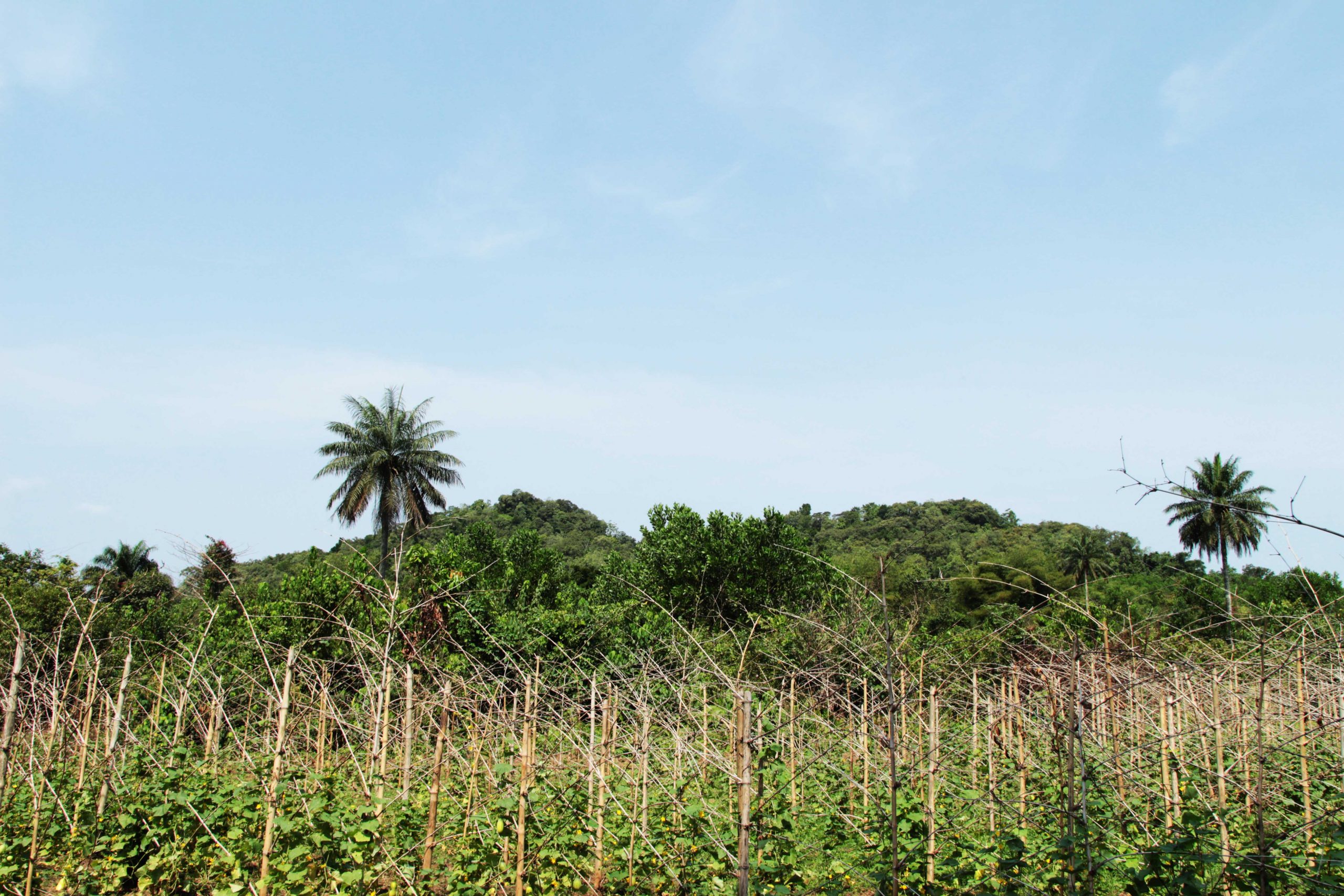
“Northern leaders must recognise that climate change is one of many intersecting crises for the most marginalized people. To empower those left behind by our current systems, the Global North can gain knowledge and expertise on how to build their long-term resilience through effective interventions rooted in first-hand knowledge from the Global South.”
Program Highlights
Climate change is taking a major toll on agriculture. Here's how to support farmers
Climate impacts are anticipated to wipe out 30% of food production by 2050. This is catastrophic for smallholder farmers and the people who rely on them for food -- all of us. Farmers need urgent support to adapt to climate impacts. Asif Saleh explains BRAC's holisitc solution at scale.
